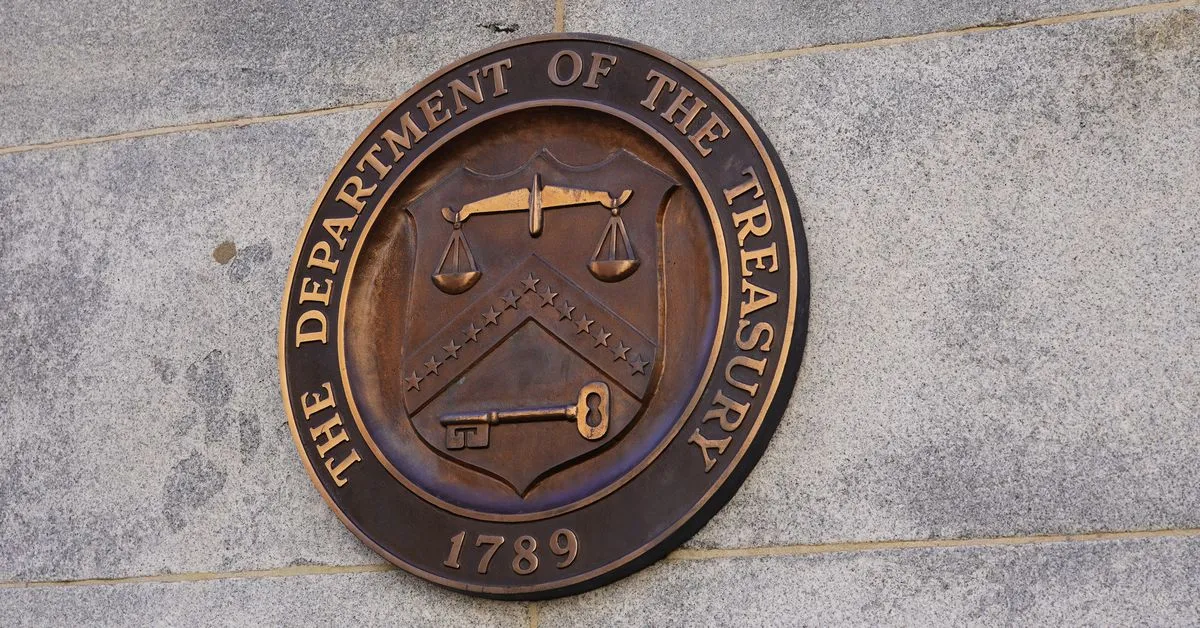The U.S. Treasury Department has finally revealed its definition of a broker for the crypto industry, outlining how crypto companies and investors must meet tax reporting obligations and answering a year-old question over whether decentralized finance platforms and miners need to gather their users’ personal data. The Treasury Department published a nearly 300-page proposed rule on Friday in response to the 2021 Infrastructure Investment and Jobs Act, which states that centralized crypto exchanges, payment processors, some hosted wallet providers, some decentralized exchanges, and people or entities that redeem crypto tokens they created will be bound to those reporting obligations. The proposed guidance also unveiled a new custom tax form – the 1099-DA – that these brokers can file.
Miners are exempt from the tax rules, but some decentralized finance platforms will not be, according to the proposed guidance. The big exchanges and cryptocurrency brokers will have a couple of years to get up to speed on the new tax-reporting system, which is a much longer runway than originally anticipated by the lawmakers who shepherded the 2021 Infrastructure Investment and Jobs Act – and its crypto tax provisions – into law.
The Treasury Department’s definition of brokers includes digital asset trading platforms, digital asset payment processors, certain digital asset hosted wallet providers, and persons who regularly offer to redeem digital assets that were created or issued by that person. The proposal also seeks information about “technical issues” that might block DEXs from getting this information from their users.
This is part of a broader effort at Treasury to close the tax gap, address the tax evasion risks posed by digital assets, and help ensure that everyone plays by the same set of rules, said a statement from the Treasury explaining the proposed rule.
